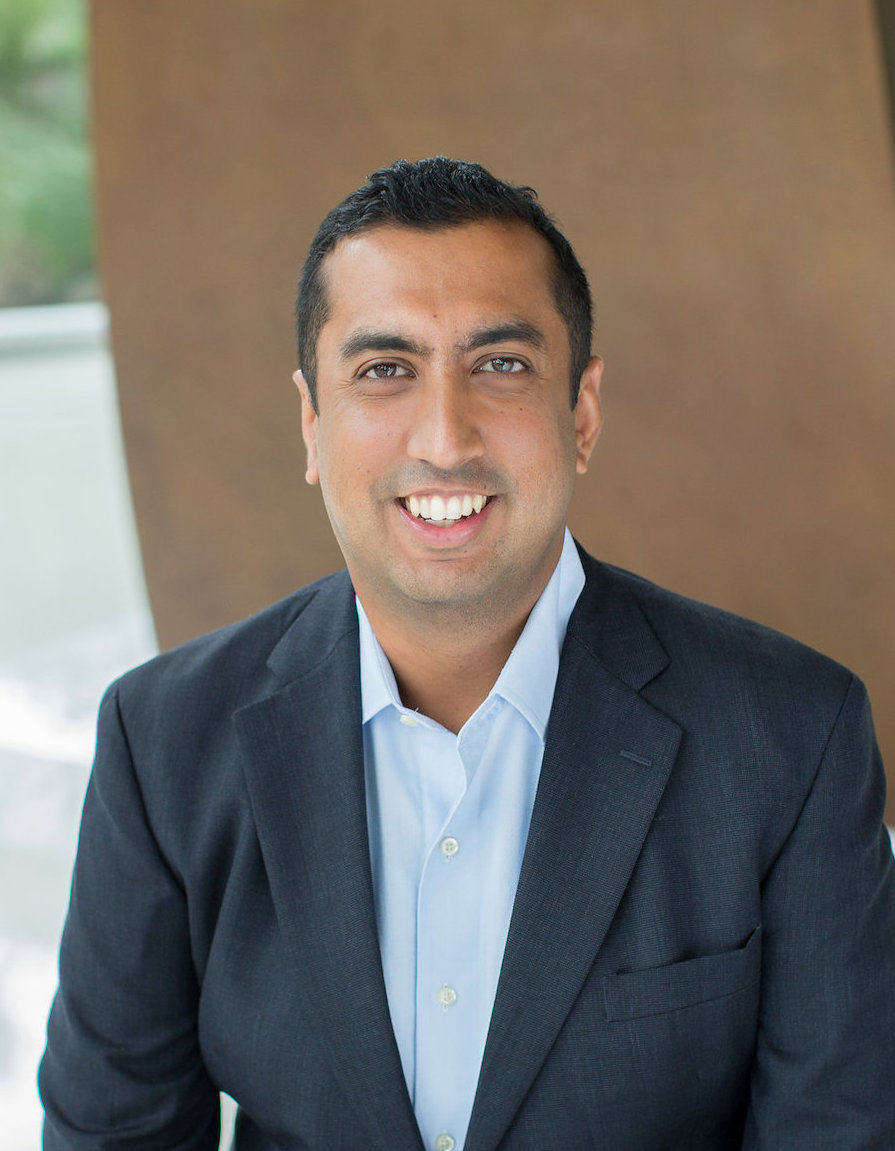What was your first job?
My first job was in telemarketing out of a sketchy dungeon near Central Station. We were trying to sell exorbitantly priced hotel resort packages to unsuspecting families. I lasted about two weeks, and did not manage to sell any hotel resort packages. The experience was however a lesson in how to take “no” for an answer, as well as the shady inner-dealings of direct marketing!
When did you know you wanted to work in finance/business?
In Year 11, I took part in Young Achievers, a program for high school students to raise capital, build a product and generate revenue, all within six months. Our product was a newsletter for small businesses in Burwood, which would enable these businesses to be better known to their local community (a predecessor to Facebook in retrospect). This was my first exposure to business and I loved the thrill of solving a problem for small businesses whilst making some money for shareholders. I remember that we raised about $5,000 and returned $10,000 to shareholders – a 2x return in six months!
When did you first discover the concept of Impact Investing?
London, 2012. I had just started my MBA in London and a friend told me that there was this “impact investing conference” nearby that required volunteers. It sounded interesting enough and there was the lure of free food, so I went. The conference happened to be the launch of Big Society Capital (the U.K based wholesaler of impact investing).
I spent the whole day listening to captains in the finance industry talk about using finance to save the world. I was sceptical but intrigued enough to continue the journey – first in London, then in India and the U.S with the Michael & Susan Dell Foundation.
What’s one exciting development you and your team have in the pipeline?
I returned to Australia at the start of this year and started with Australian Impact Investments soon thereafter. Aii has an incredible vantage point of the Australian impact investing market – both in terms of the volume of deals that it sees and screens, as well as the trusted position it holds with investors of all types, ranging from trusts & foundations to large institutions.
I am excited to see so many institutions moving beyond “why” impact investing to “how”, diving deeper on how they can mobilize their entire investment portfolio for impact. Having just spent eight years in impact investing with a large foundation in the U.S, I am also excited to see the increasing momentum amongst private trusts and foundations in Australia towards impact investing.
What was the most interesting impact deal (from any team across Asia/Pacific) in the past 12 months?
I’ve only been back in the country for a few months so still learning about the various impactful deals that have taken place here. The most interesting one that I’ve come across to date has been Infradebt’s Ethical Fund, which is a private debt fund focused on infrastructure projects such as renewable energy and community infrastructure. There aren’t a lot of impact products in the private debt space and this one is led by a great group delivering great social and financial returns.
Name one high impact company (globally) that investors should keep their eye on?
So many! On the shortlist are BetterUp, Landed, New Apprenticeship, Icon Build and Peopleshores. Most exciting however is Esusu. Based in the U.S, Esusu helps renters build credit simply by reporting their monthly rent payments. Strong credit scores are key to unlocking financial inclusion in the U.S so this is a vital service. Esusu also recently became a unicorn so they are on a roll.
What’s your vision for impact investing in 5 years time?
We know that this is a critical decade for the planet and that significant action is required to mitigate a climate disaster that will wreak havoc on people and planet. Financial markets are critical to that mitigation and anyone that invests money has a role to play. My vision is firstly that all investors – from big institutions to mums & dads – are aware of the impact of their capital – good and bad – on people and planet. We need more refined tools that can measure and report impact data consistently and dynamically.
Second, my vision is that all investors have the ability to access investments that have a positive impact whilst meeting their risk and return thresholds. This requires more impact investment product to emerge and greater accessibility to such product via democratized investment structures.
Sign up HERE, to receive our weekly newsletter, and stay up to date with the latest impact news.

